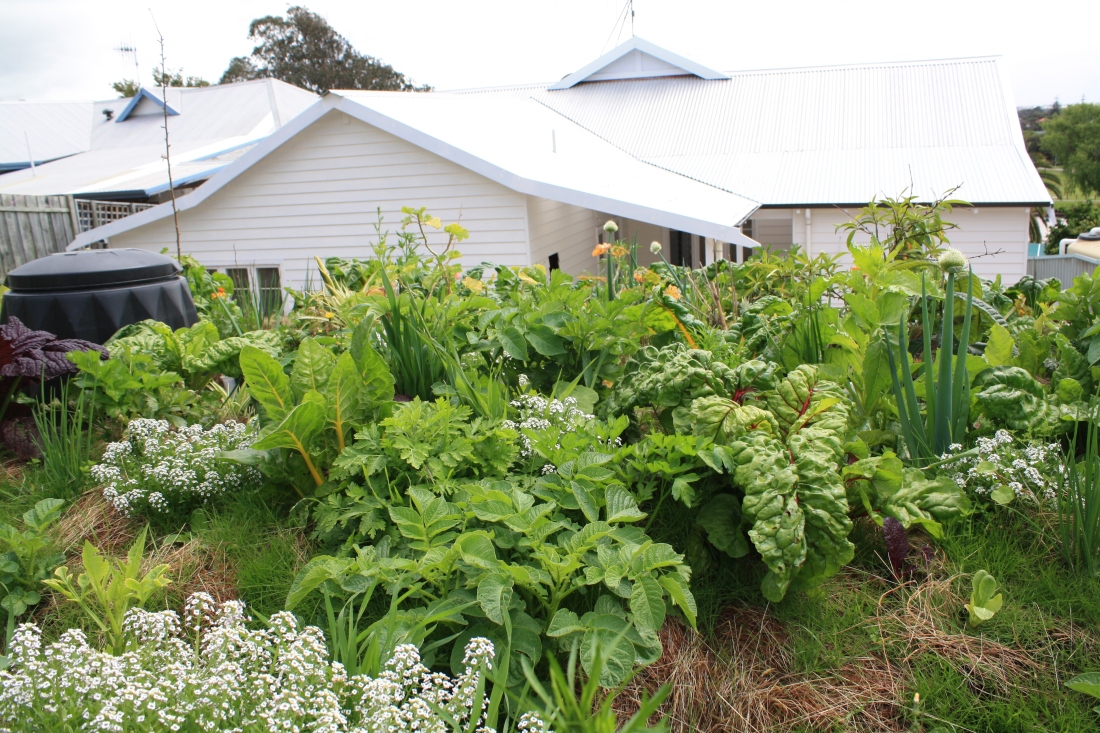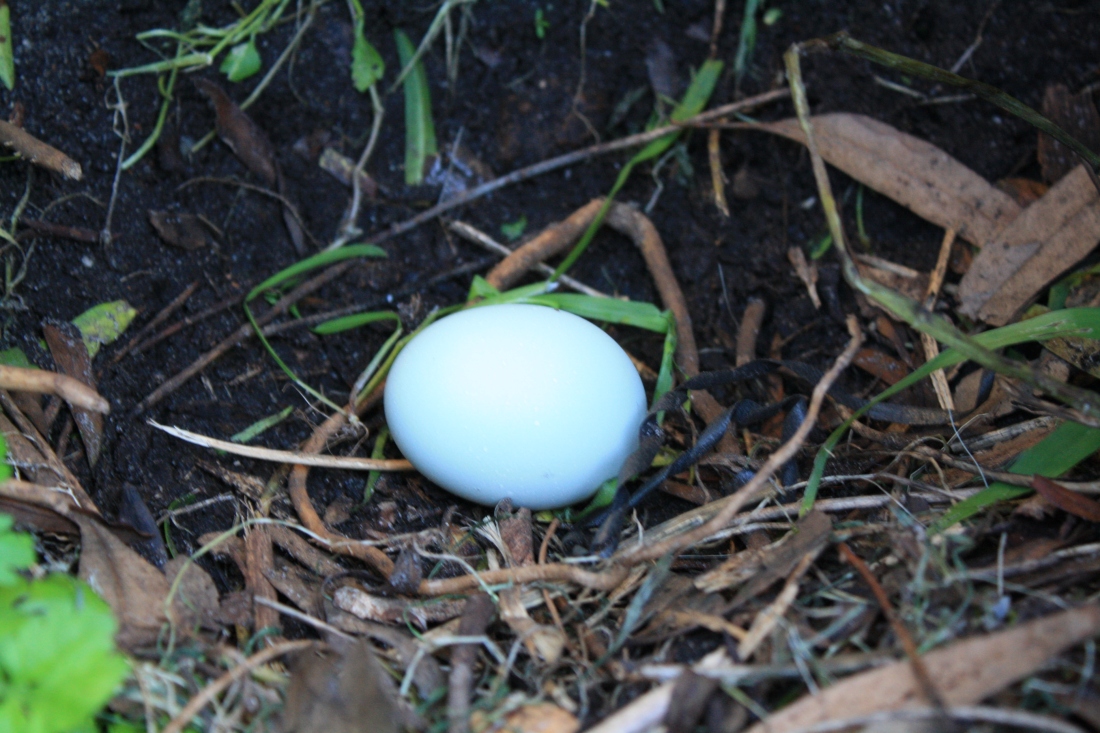
My generation – Gen-X – and subsequent generations have been raised eating food from a can, a glass jar, a packet of powder mixed up and microwaved. Or from various fast food outlets and some that pretend not to be fast food outlets.
When you see this stuff as a kid it becomes a part of your normal life. Your frame of reference.
We don’t question the source of our knowledge enough. I think because we don’t perhaps want to know the truth. The real answer. The not so common knowledge. The inconvenient truth – you could say.
In our house I have found myself having to create the distinction with my boys between Real Food and Not Real Food. It’s like re-inventing real food. The very food that has sustained our ancestors for thousands of years. Unfortunately it has been necessary to educate our sons as to what is going to fuel them, what is a treat, and what is probably best not even considered. Both our boys have been taught to differentiate between regular food and real food. A recent dinner table conversation with them confirmed that it has worked to some extent.
Mr Daddy Petit Paradis “What is Real Food?”
The Mini-Me’s “Junk food , snacks, sweets – most everything that Gran eats, party food is not real food, chips”.
“Sausages are better than pasta, because pasta has a lot of salt in it. And its not gluten free!” says Mr T. I think they understand the packaged food concept.
I wonder, whether each consecutive generation that challenges beneficial change just gives up eventually and then has simply embraced convenience. I get the convenience of food, but the quality of our food takes precedence.
I think most modern parents are still not getting it. Most grandparents certainly don’t. There is a world of difference between our childhoods and the influences and effects of today’s society and food quality, on our kids. I’m not going to get scientifically-speechified about this but “People Care” is one of the permaculture ethics and this is a real fail from my observations.
Awareness clearly isn’t enough in this instance, because I see people that are aware of vital information that carry on regardless. WHY?
I can only think it is because we are so rushed, hurried and in dire need of convenience that we choose the easier option and instead try to find ways to justify the decision by trying to kid ourselves with…
“It’s not a regular occurrence.” or “You have to live a little.”
Does a little of a bad thing make it a good thing?
I know its not clear cut and easy. There is a very clever trap of having Real Food made from Not So Real ingredients such as GM products or convenient commodities such as corn, rice, soy and wheat. I have resisted the temptation to call them food sources after reading Against the Grain by Richard Manning.
Real food and its source has been on the lips of many celebrity chefs over recent years and its working on the kids, finally. I think it’s the adults that need a good hard look at themselves now.
The Mini-Me’s get it: “Real food is chicken, sausages with lettuce, beef, carrot, asparagus (asparagus? Not even I know where they pulled that one from..) pumpkin, potato – grilled potato, round potato, turnips, peas, radishes, sprouts, peaches, apricots, fruit salad.”
I suspect there is a Peter Rabbit influence occurring here somewhere.
Not-Real Food is, according to our kids : lollypops, Kinder Surprises, fairy floss, bread, fairy bread, and from the eldest…
“Those things that are orange and you sometimes put them on your fingers…”
“Burger Rings? Cheezels?”
“Yes, them!”
Good kid.
And just to confidently finish with another real life example of kids understanding where food comes from, here is a backyard conversation between our youngest and his Mum this morning.
Mrs PP : “Look at the chooks. Poor chickens, you frightened them! Say sorry.”
Mr T : “Sorry chickens. Sorry.”
A moments pause.
Mr T : “Hey! Lets eat the one that’s the most frightened!”

My great niece is taking over her great grandmother’s garden (my mother’s garden), which is funny. Her parents are not encouraging her. She just enjoys following her great grandmother about while she works out there, and gets really excited when she can pick fruit off a tree or pull up a carrot. It is sad to think that it probably will not last. They are planting cool season vegetables now.
LikeLike
This sounds really promising. I hope that it does last Tony. There is a tremendous shift that has occurred just in the last 90 odd years with regard to agriculture and our diets. I don’t know what it will take to scale it back a little and reclaim some balance from industrial scale food production, but I have a firm belief that the answer is partly in with how we use our own backyards. There is control there. There are the possibilities for food security and managing our food sovereignty by saving our own seeds.
Is it likely that everyone is going to do it or even be capable of doing it? I don’t think so.
Should we? I think we should. The more that do, the greater the support base and the diversity of food. There would be increased bio-diversity in the gene base for our seeds. I tell people not to underestimate the potential of your own backyard. A world of food diversity has resulted from backyard gardeners, not necessarily the labs of multi-national companies.
Sometimes it starts with inspiration. I know we have inspired others with our garden by simply showing what is possible. Sometimes it starts out of interest like with your niece. There is always the possibility that sometime, it will be out of necessity. For much of the world it actually is. We don’t realise this in developed countries because we don’t see it.
Hopefully we can reclaim the necessary skills and knowledge amongst us to pass on to future generations.
The best tools to have are the ones you need.
All the best.
Related posts can be found here.
LikeLiked by 1 person